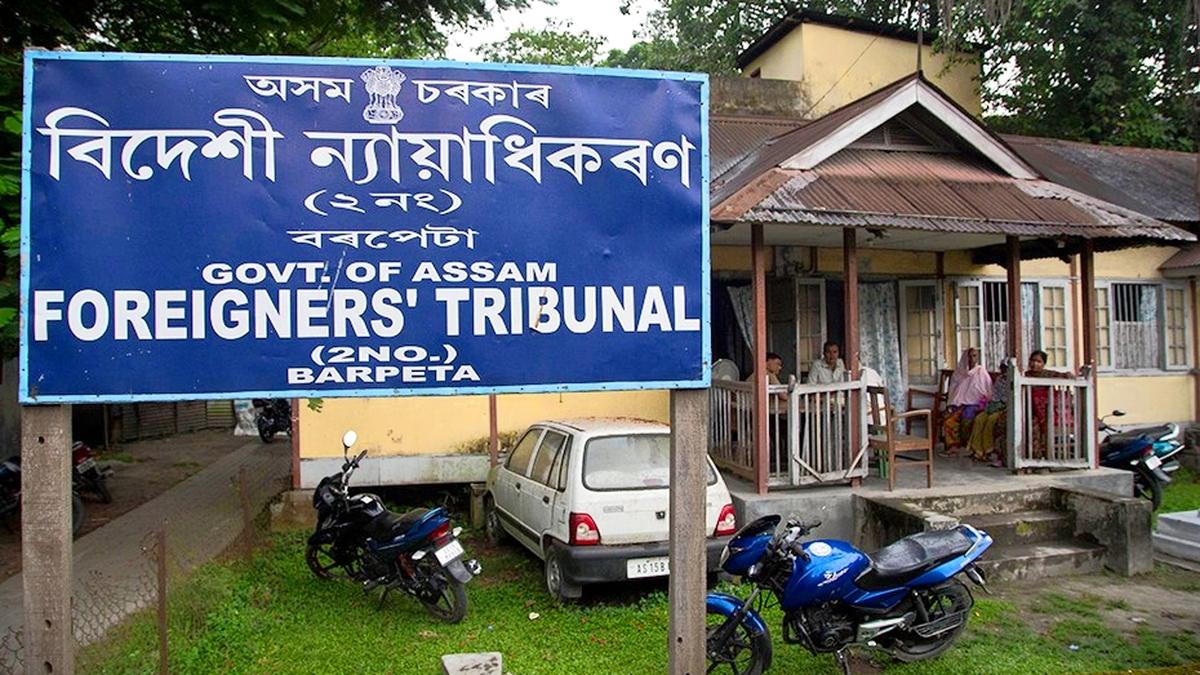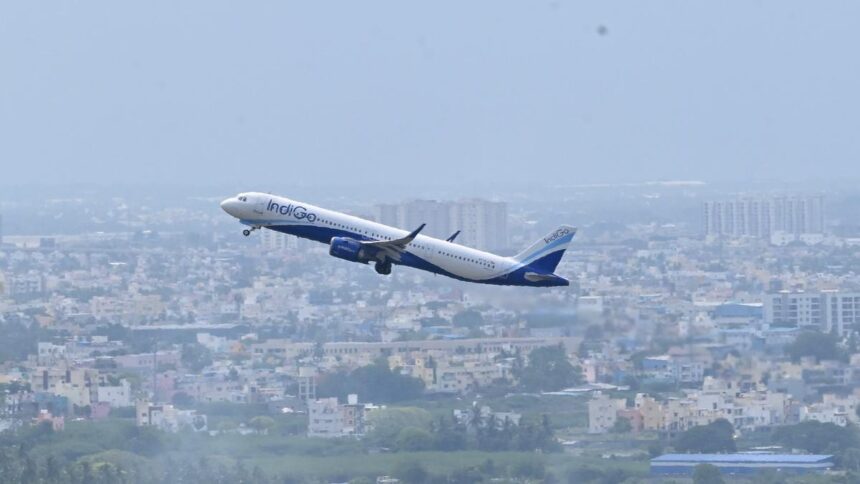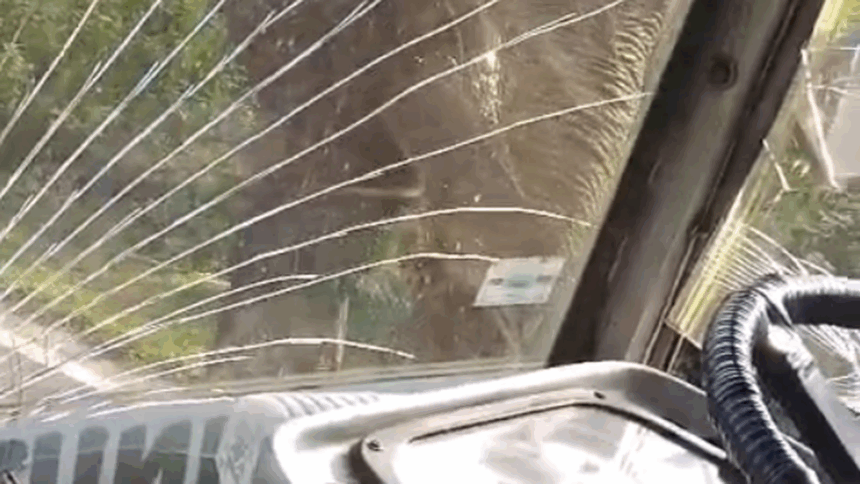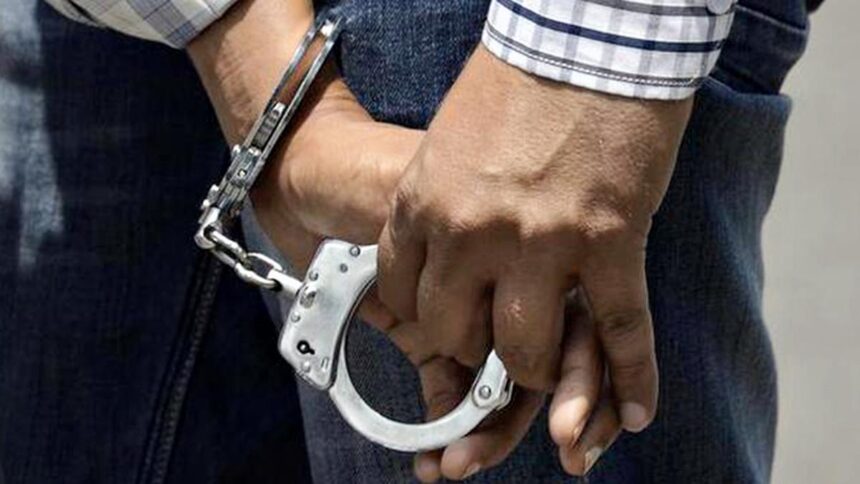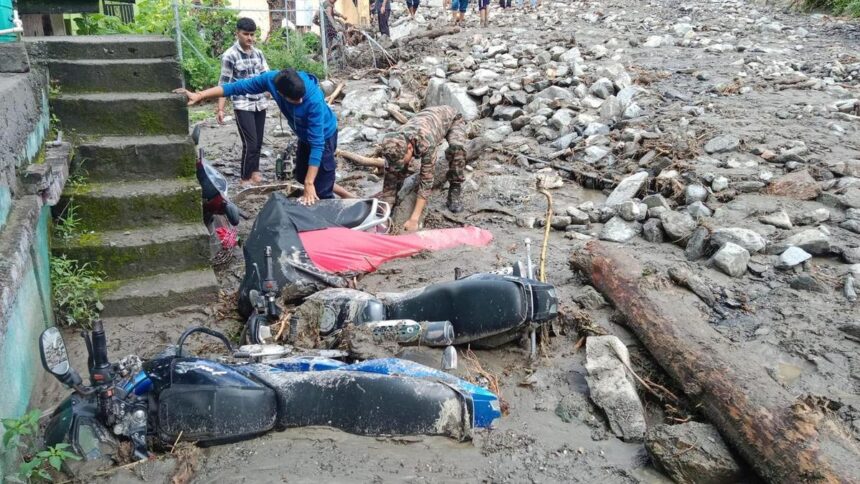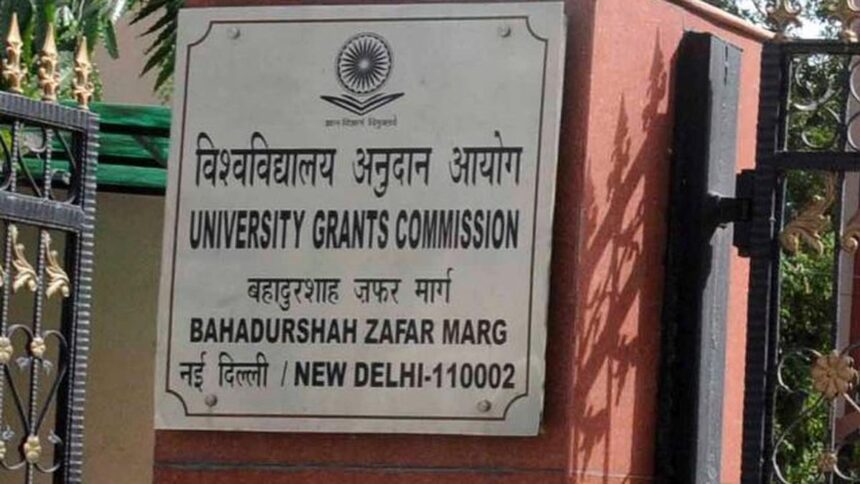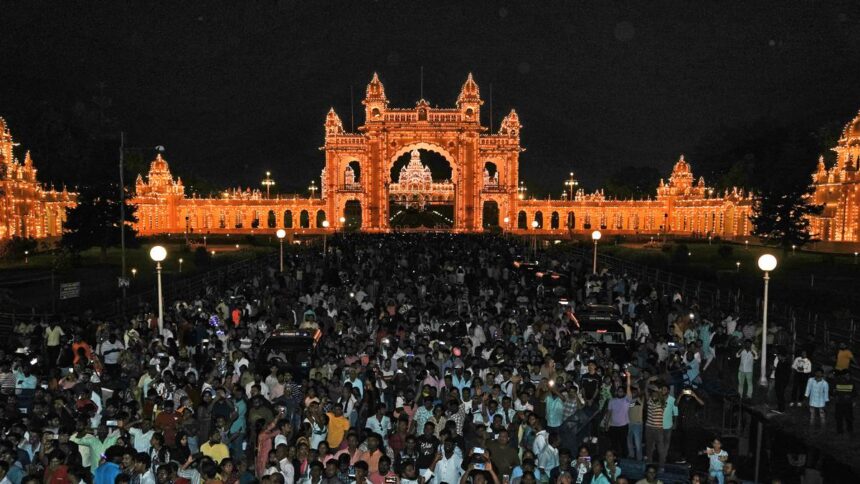
The Foreigner’s Tribunal office in Barpeta, in Assam. File
| Photo Credit: AP
The Union Ministry of Home Affairs (MHA) has given Foreigners Tribunals (FT), so far unique to Assam, the powers of a first class judicial magistrate. The fresh Immigration and Foreigners Order, 2025, notified on Monday (September 1, 2025) paves the way to send persons to a detention or a holding centre if they fail to produce any proof that they are “not a foreigner”. This was earlier enforced through executive orders.
The 2025 order, which replaces the Foreigners (Tribunal) Order, 1964, empowers FTs to issue arrest warrants if a person whose nationality has been contested fails to appear in person. The order has been notified under the Immigration and Foreigners Act, 2025, which was passed by the Parliament in April repealing four other legislations.
According to Assam’s Home Department, there were initially 11 Illegal Migrant Determination Tribunals (IMDT) in the State which were converted to tribunals after the Supreme Court scrapped the Illegal Migrants (Determination by Tribunals) Act, 1983, in 2005. A total of 100 FTs are currently operational in the State. The number of FTs was increased after the National Register of Citizens (NRC) was published in 2019 in Assam on the orders of the Supreme Court. The NRC, again unique to Assam, excluded 19 lakh out of 3.29 crore applicants and FTs were to give adequate opportunity to the those excluded from NRC to present their case. The State government has challenged the NRC in its current form.
The 1964 order did not specify the provision to detain persons if they failed to secure bail or furnish proof that they are Indians. Earlier, the FTs could have unspecified number of members, that has now been capped at three and the ex-parte orders can be set aside if the appellant files the review within 30 days.
Though the order is applicable across the country, FTs are functional only in Assam. In other States, an illegal migrant is produced before a local court.
The order also bars employing foreigners in private undertakings that are engaged in the supply of power or water, in the petroleum sector, in the fields of defence, space technology, nuclear energy and human rights without the Central government’s nod.
“The designated Border Guarding Forces or the Coast Guard shall take steps to prevent illegal migrants attempting to enter into India by sending them back after capturing their biometric information and available demographic details on the designated portal of the Central Government,” the order said.
It added that matters related to detection and deportation of illegal migrants settled in the country shall be closely monitored by a nodal officer designated for this purpose by the State government.
The order states that a foreigner may be refused entry or stay in India, “if he is convicted on charges of anti-national activities, espionage, rape and murder, crime against humanity, terrorist and subversive activity including arranging financial support or money-laundering or hawala for such activities, trafficking in narcotics and psychotropic substances, human trafficking including child trafficking, racketeering in fake travel document and currency (including crypto currency), cyber crime, child abuse or found involved in such offences.”
The MHA notified the Immigration and Foreigners (Exemption) Order, 2025 exempting Nepalese, Bhutanese citizens and Tibetans, Sri Lankan Tamils from the provisions of the Act.
Published – September 02, 2025 10:17 pm IST







